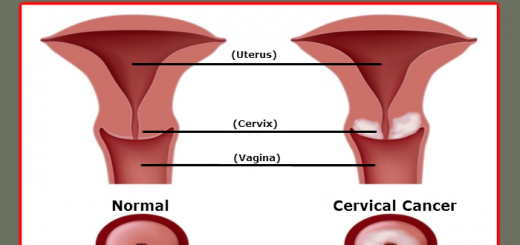Importance of Amniotic Fluid for Baby’s Healthy Growth
During Pregnancy, the growing baby is securely cushioned inside a fluid bag in the uterus of mother. This fluid is known as Amniotic Fluid; it protects the baby from any injury and allows healthy growth and movement. It also protects the baby from causing any infection and help to make baby’s lungs, digestive system to mature.
Initially the fluid only contain water with electrolytes but in between 12 to 14 week of pregnancy the liquid start containing proteins, carbohydrates, lipids, urea and everything which fetus need for a healthy growth. In between 10th and 20th week its volume increases from 25 ml to 410 ml.
Analyzing of Amniotic Fluid in Women’s Body
Baby’s genetic health could be revealed by analyzing the amniotic fluid which draws out of mother’s abdomen; this could help to find out any genetic defect. This fluid is responsible for baby and mother’s health and its deficiency could cause problem for both.
A normal level of Amniotic Fluid is required; its deficiency is referred as oligohydramnios and its abundance is referred as polyhydramnios. During your regular checkups of pregnancy Doctors could found whether the liquid is in adequate amount or not.
Symptoms of Low Amniotic Fluid
The doctor may suspect about this fluid by observation, if you tummy (baby) growth is smaller than expected then your doctor will suggest you to undergo a scan to find out the actual amount of the fluid.
You may also like:- Clear All the Illusions Regarding Epilepsy Symptoms
Effects of Low Amniotic Fluid
It’s very sad to say but low level of this fluid in your first trimester or during the early part of your second trimester could lead to miscarriage or it may lead to make your baby underdeveloped.
However if your doctor is carefully monitoring your fluid levels then he will help you to prevent the complications and will suggest you what to do to balance the fluid level. He may ask you to stay hydrated by drinking plenty of water or fruit juices, etc.
Causes of Low Amniotic Fluid
- Certain Types of Medications
- If your Baby inherited kidney development problem
- A Problem with Placenta
- Water Breaking
- Certain Health Conditions like Chronic Blood Pressure
- Birth Defects
- Post Date Pregnancy
Symptoms of High Amniotic Fluid
Your doctor may suspect this problem, if your womb is growing more rapidly than expected. This condition may cause you abdominal discomfort, back pain, extreme swelling in your feet and ankles.
Causes of High Amniotic Fluid
- Maternal Diabetes
- Genetic Abnormalities
- Fetal Anemia
- Carrying Twins or Multiples
- An Infection in the baby
- Problem with Baby’s Heart Rate
Every woman dream to be a mother and want to give birth to a healthy child, pregnancy is a very important phase of life and during this you need to take an extra care of yourself. Because you are carrying two lives, go for regular checkups and make necessary tests on time to avoid any complications.
If your doctor reports you any Amniotic Fluid related problem then don’t get stressed. Your problem could get solved easily without causing any complications so try to be happy.
See more details of Amniotic Fluid from Diet and Fitness.




